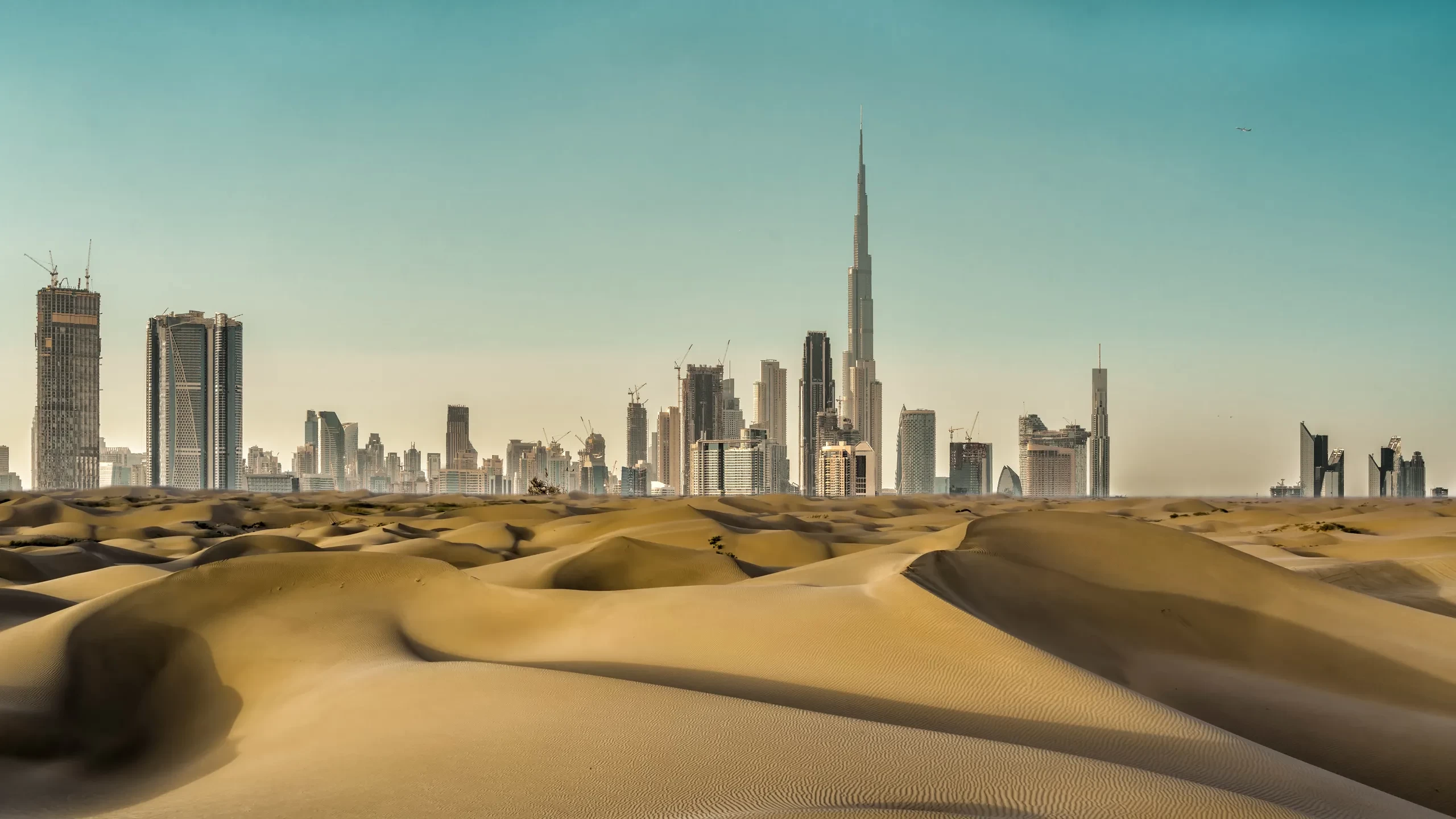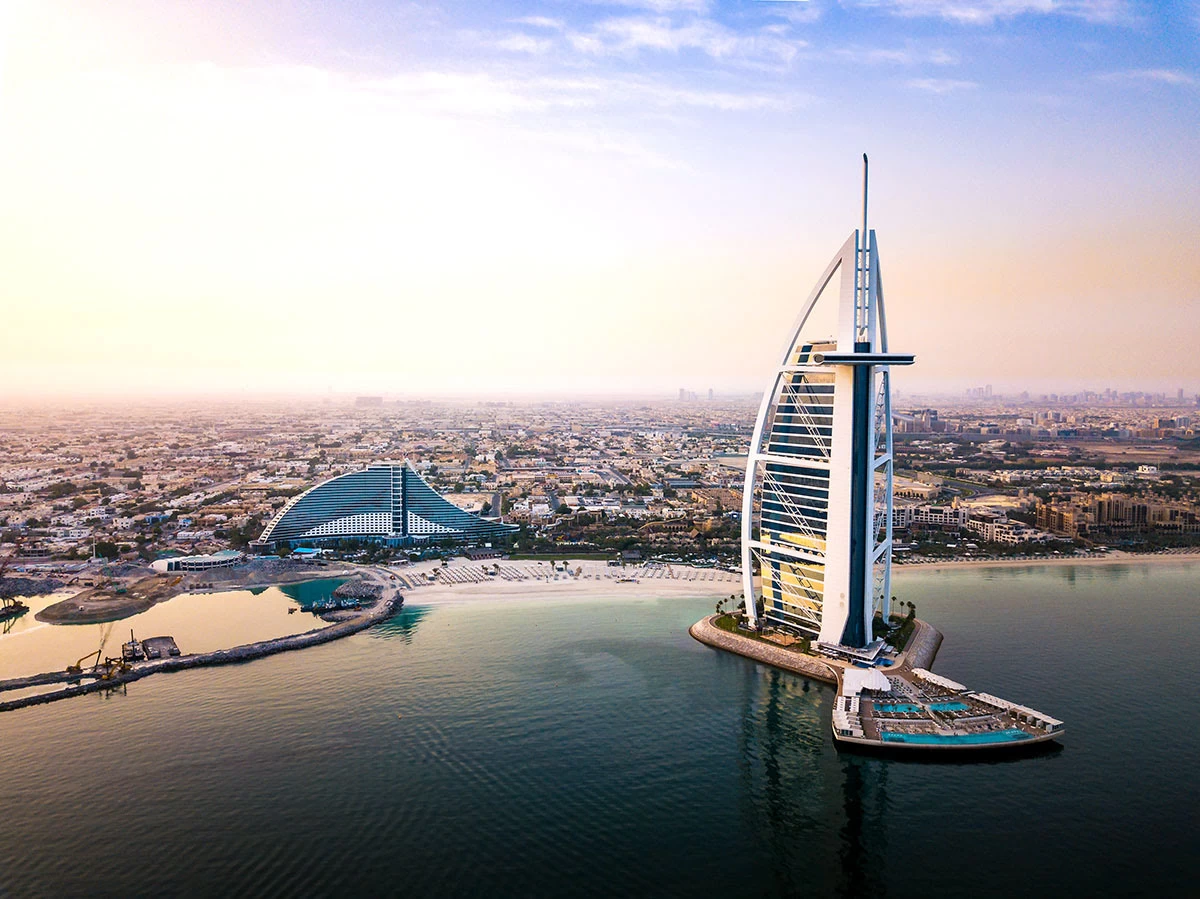UAE
let's go to UAE
Situated on Arabian Peninsula, United Arab Emirates is an ever-changing and fast growing country. The UAE’s modern cities such as Dubai and Abu Dhabi are at the forefront of a world renowned futuristic architecture are known for their luxurious shops and lively cultural scene. It has become synonymous with a combination of traditional Arabian culture and latest innovations like Burj Khalifa – the tallest building in the world, alongside Louvre Abu Dhabi among other things. With its deserts, oceans and authentic history this nation still offers ample room to make sure it is one place where there is no shortage of diversity.
Dubai & Abu Dhabi Luxury Experience
Start from
$2800An Exceptional Trip: Abu Dhabi & Dubai
Start from
$2400Abu Dhabi & Dubai Unforgettable Trip
Start from
$2400UAE Marvels Trip: Abu Dhabi & Duabi & Ras Al Khaimah
Start from
$2400UAE Gems: Abu Dhabi & Dubai & Sharjah
Start from
$2400Explore UAE : Abu Dhabi & Duabi & Al Fujairah
Start from
$2400Dubai & Abu Dhabi Journey
Start from
$2400Dubai 3-day Tour
Start from
$1600Dubai 4-day Tour
Start from
$2000- 1
- 2
Related Blog
Explore our blog for more details and insights on this topic.
1- Dubai Museum Under the protection of the Al-Fahidi Fort, this outstanding museum of Dubai was...
Merhaba, from the outstanding capital of the United Arab Emirates, Abu Dhabi, draws tourists with it...
1- Museum of Illusions The fascinating Museum of Illusions is a one-of-a-kind museum where visito...
A famous city? Surely it’s Dubai! It’s known for its futuristic skyline as well as the o...
WHAT WE OFFER
Do You Have Questions ?
The majority of travelers to the United Arab Emirates need a visa, while some nationals of specific nations are exempt. Tourist visas can be issued for up to 30 or 90 days, depending on the visitor's country of origin. It's essential to confirm the visa requirements for your country of citizenship well in advance of your travel.
Although English is commonly spoken and understood, particularly in major cities and popular tourist attractions, Arabic is the official language of the United Arab Emirates.
With low rates of crime and a strong focus on security and justice, the United Arab Emirates is often regarded as a secure destination for travelers. But tourists should be aware and prudent, especially in busy locations and popular tourist destinations.
The currency of the UAE is the United Arab Emirates Dirham (AED). Although most major credit cards are accepted, it's a good idea to have extra cash on hand for minor purchases and payments.
Even though the UAE is more liberal than some other Middle Eastern nations, tourists should nonetheless dress modestly, particularly when they are in public and at places of worship. In general, swimwear and skimpy attire are allowed in beaches and resorts, but they might be outside of other places.
In UAE following regional traditions and customs is vital means not showing affection in public, treating others with decency, and refraining from criticizing politics or religion. It's also traditional to take off your shoes when you visit someone's house.
in cities like Dubai and Abu Dhabi they have metro services, buses, and taxis as part of the UAE's effective and modern transit system. For individuals who would rather drive themselves, the rental automobiles are also an option, however traffic jams can be troubling particularly during rush hours.
The Sheikh Zayed Grand Mosque and Louvre Abu Dhabi in Abu Dhabi, the famous Burj Khalifa and Dubai Mall in Dubai, and the cultural landmarks of Sharjah are just a few of the many attractions in the United Arab Emirates. The scenic mountains of Fujairah and the desert dunes of Ras Al Khaimah are also favored travel spots.
Arabic, Persian, and Indian flavors are reflected in Emirati cuisine, where popular classics include shawarma, kebabs, and hummus. Try the fish machboos (a spicy rice dish), camel meat, and luqaimat (sweet dumplings), which are traditional Emirati dishes.
Muslims fast from sunrise to sunset during the holy month of Ramadan, and for non-Muslims they are required to show respect by avoiding eating, drinking, and smoking in public throughout the day. Avoiding loud music, public displays of affection, and modest clothing are all advised.


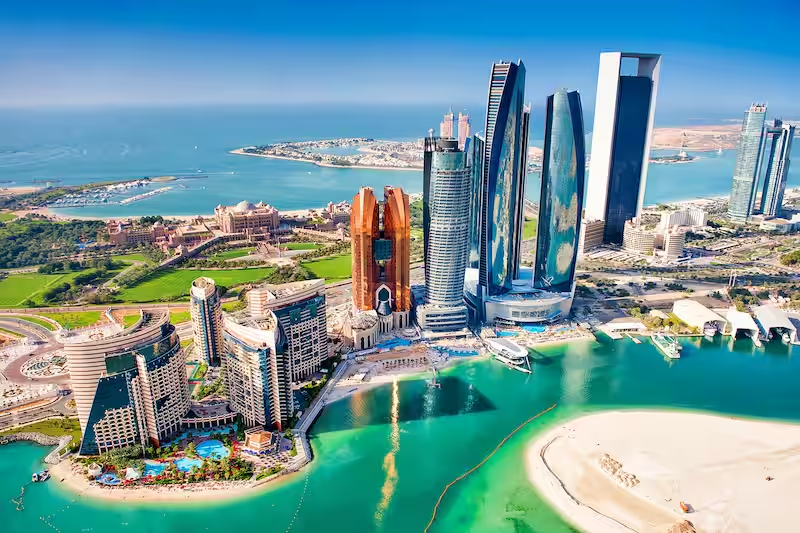
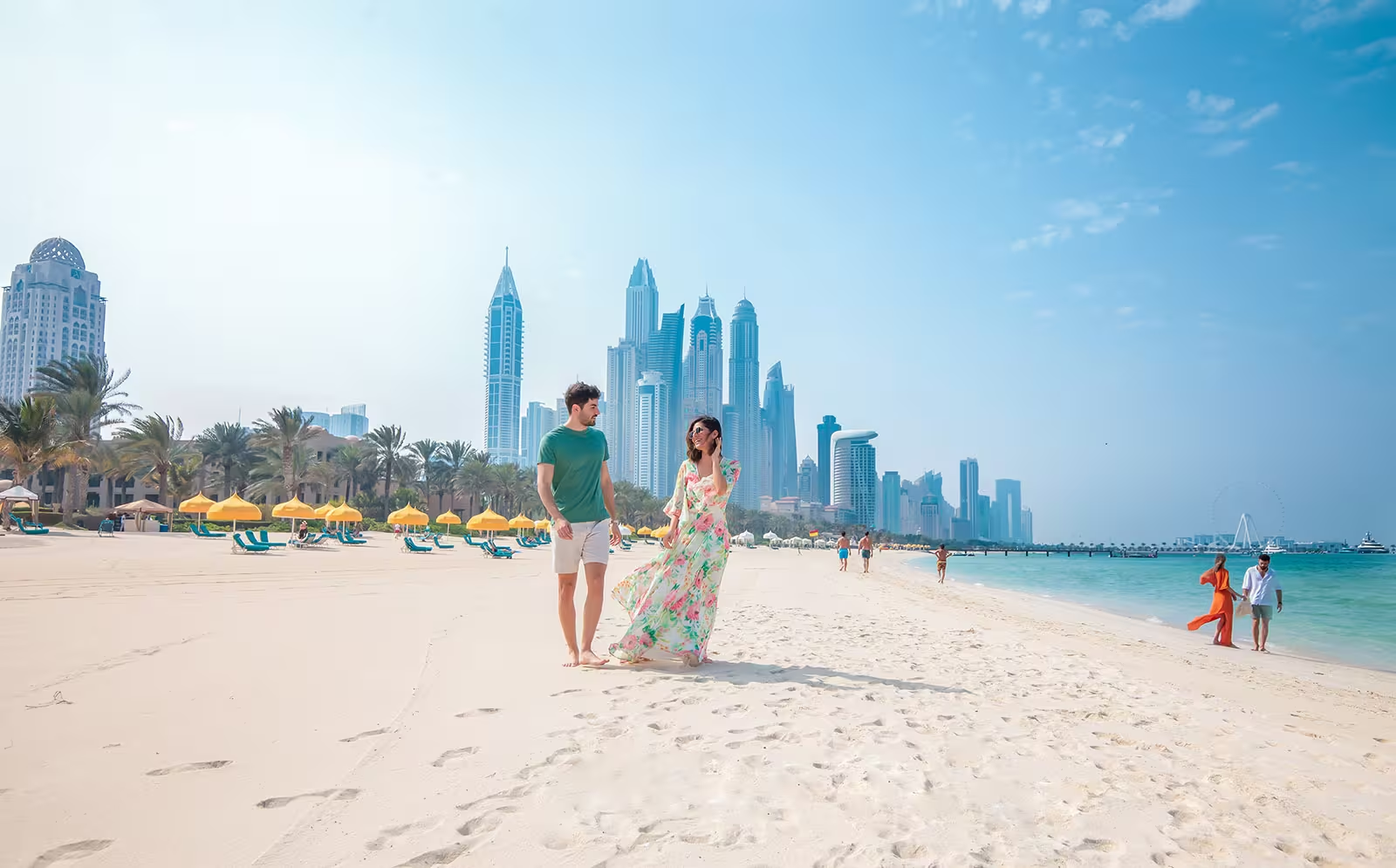
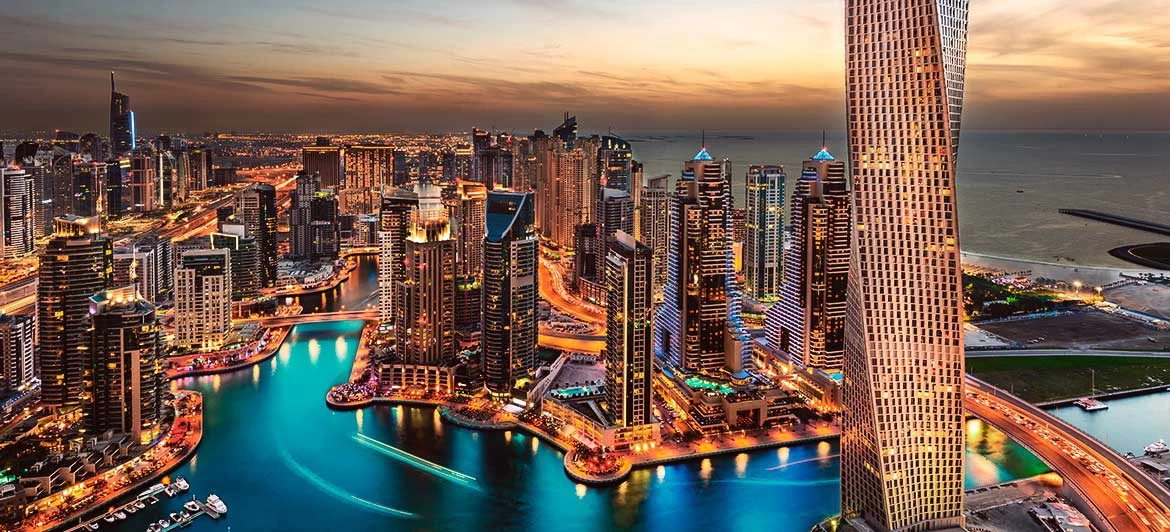
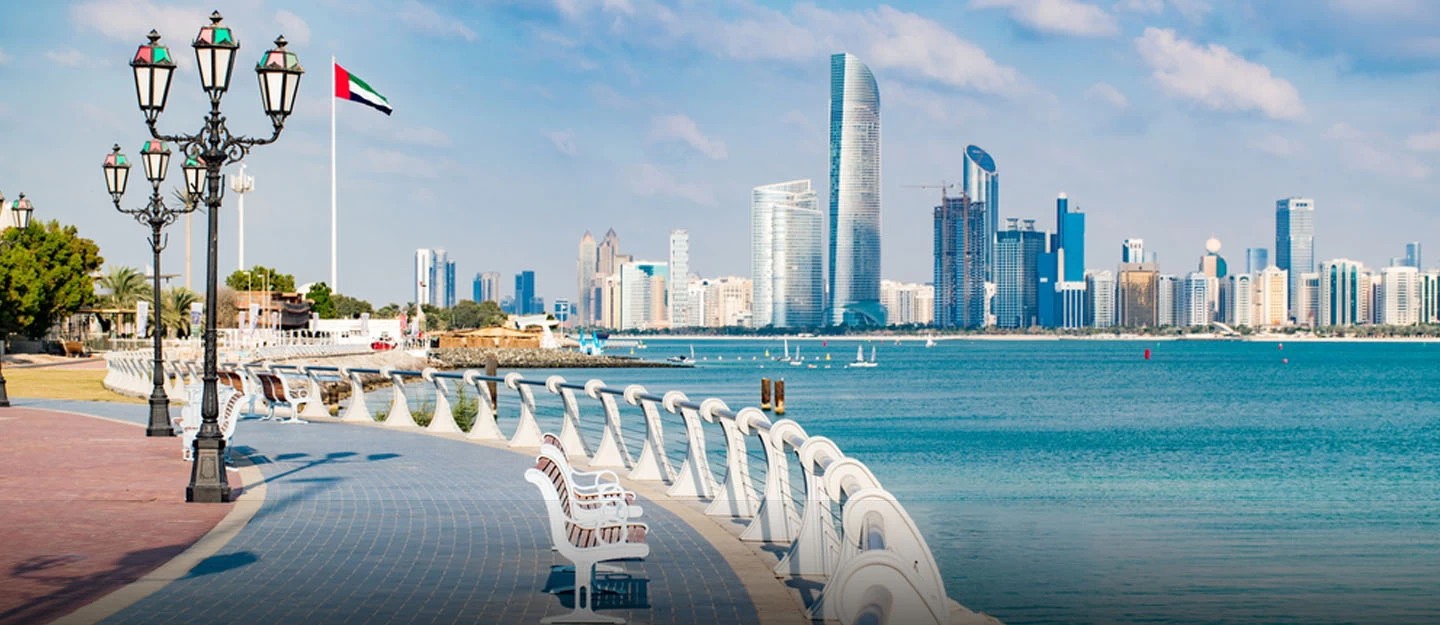
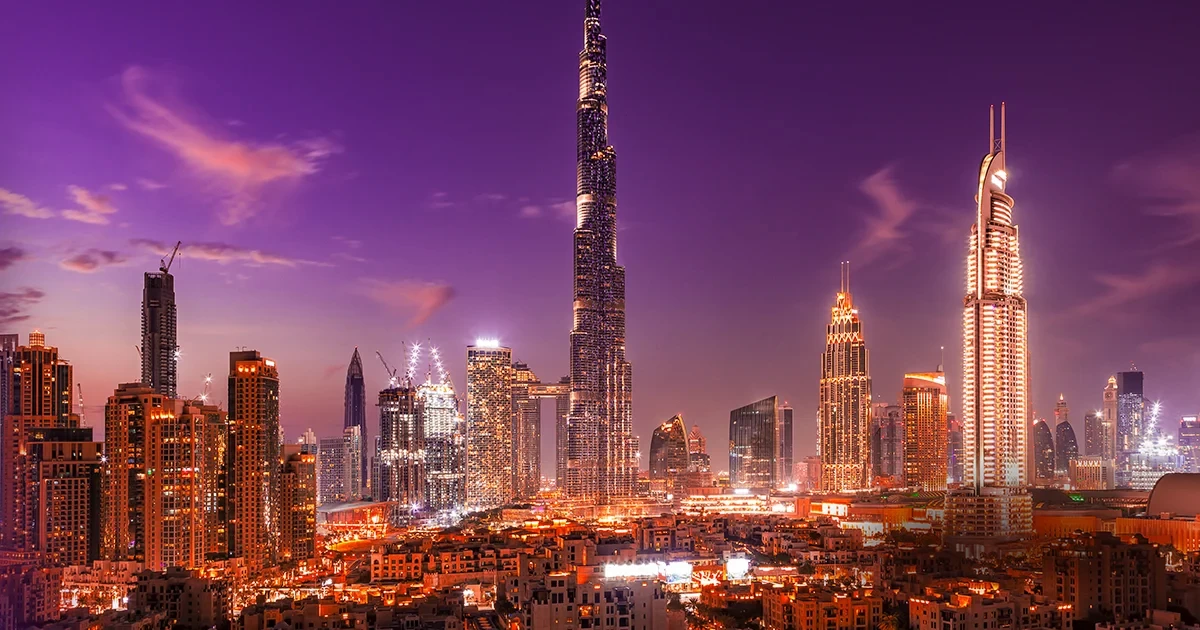
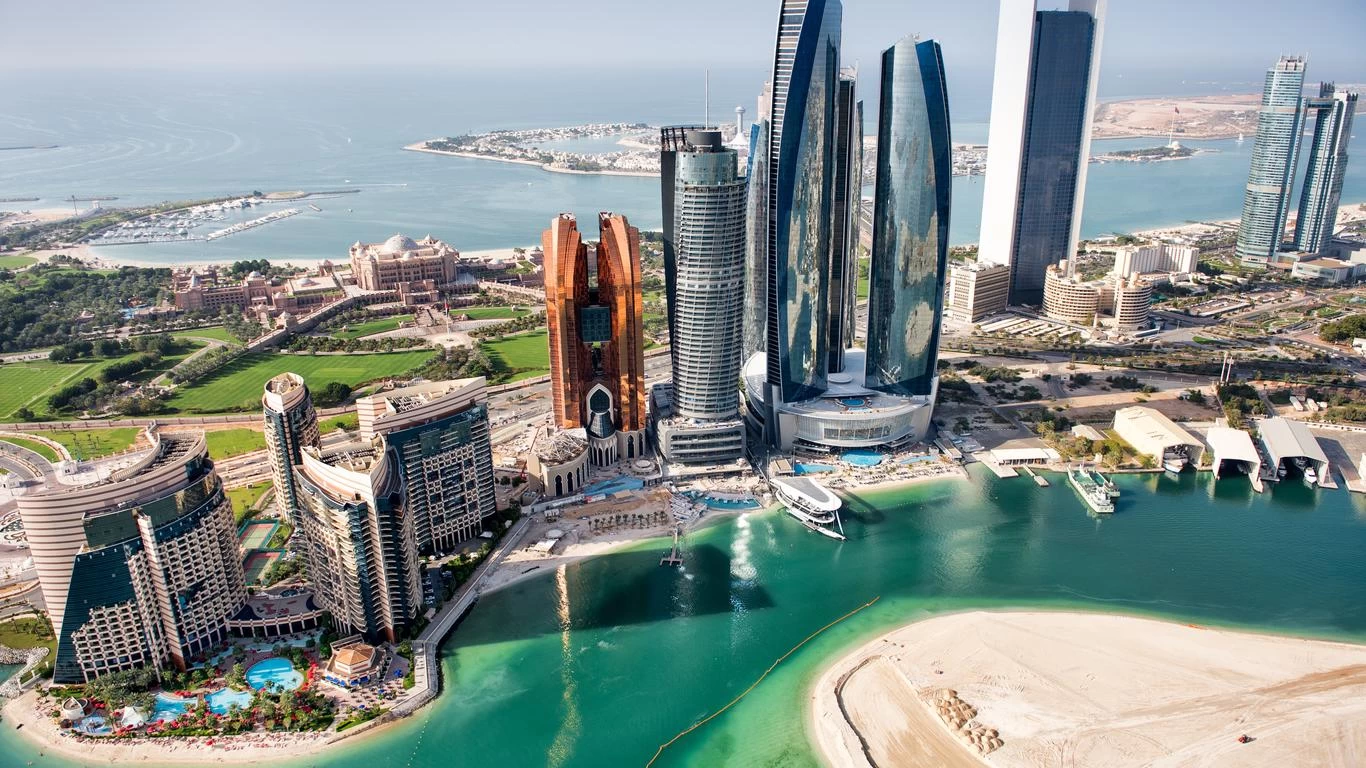
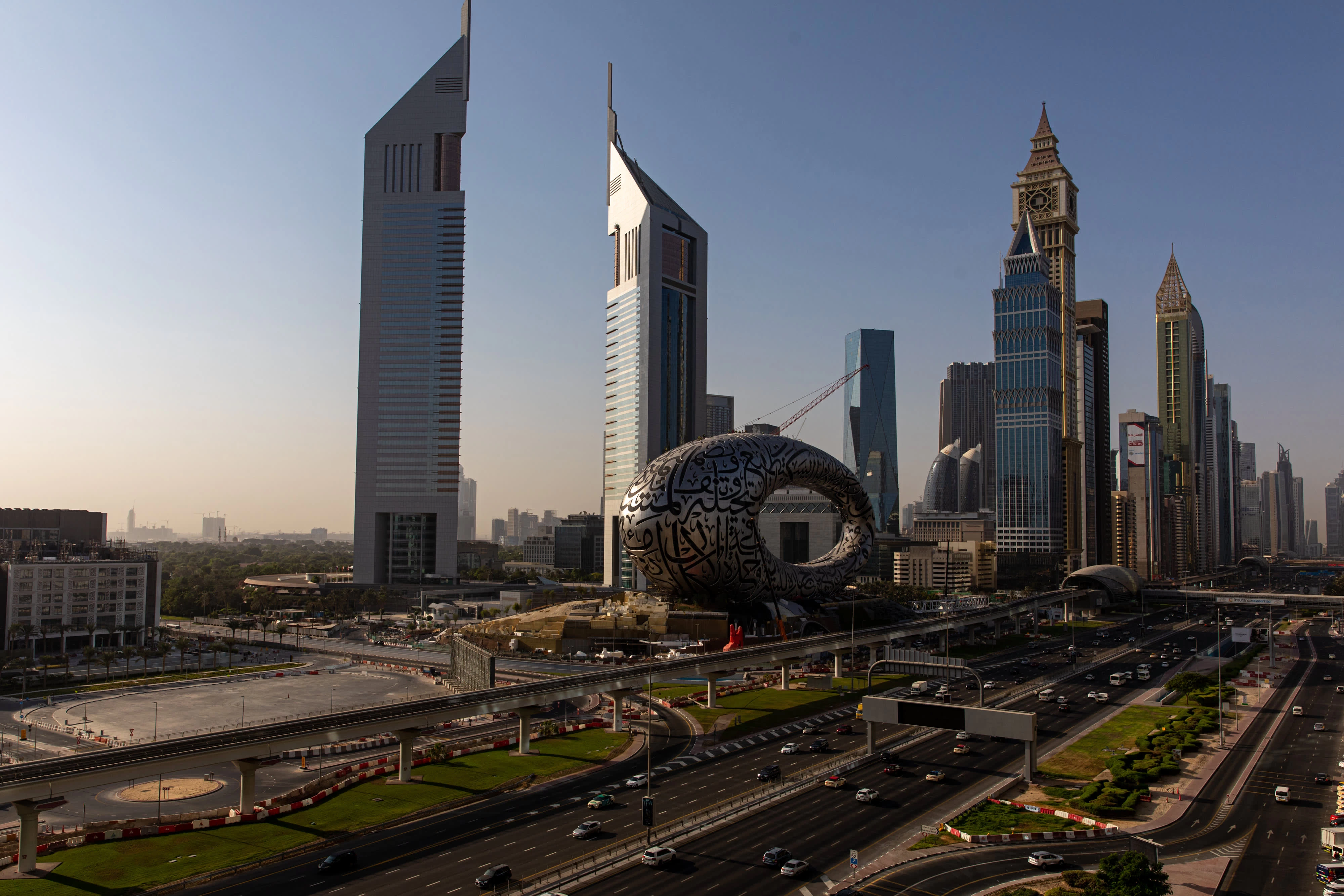
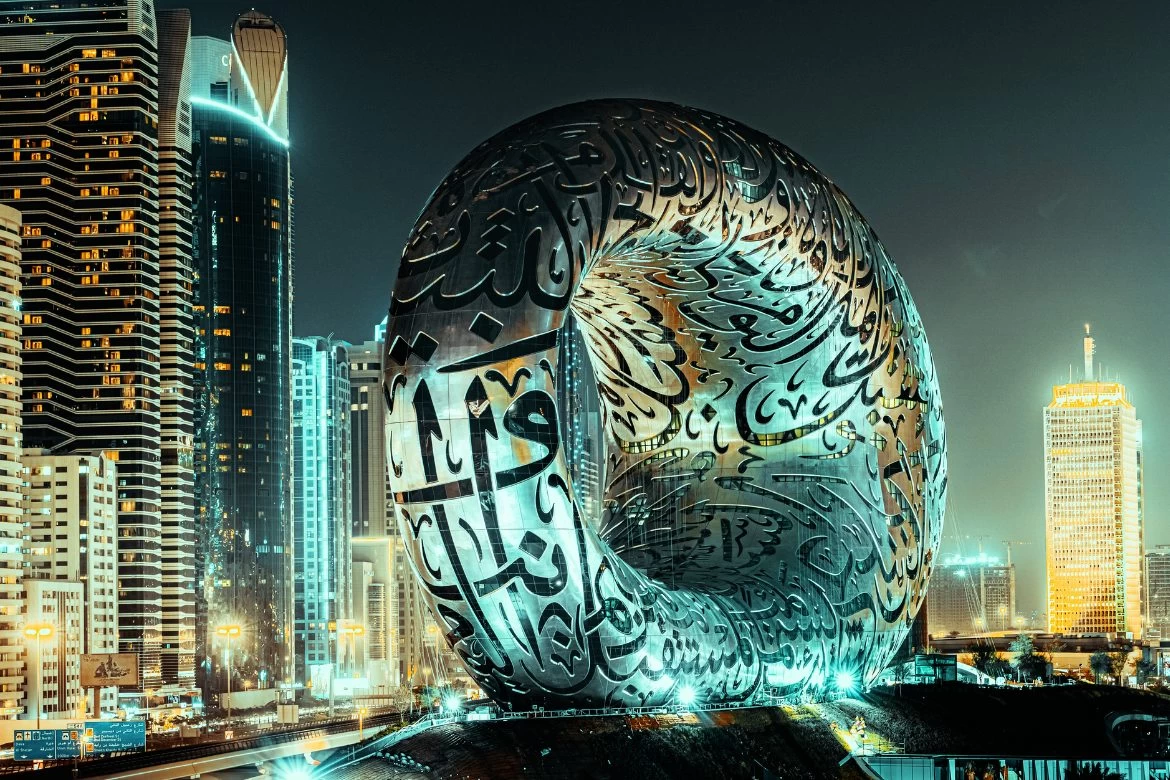
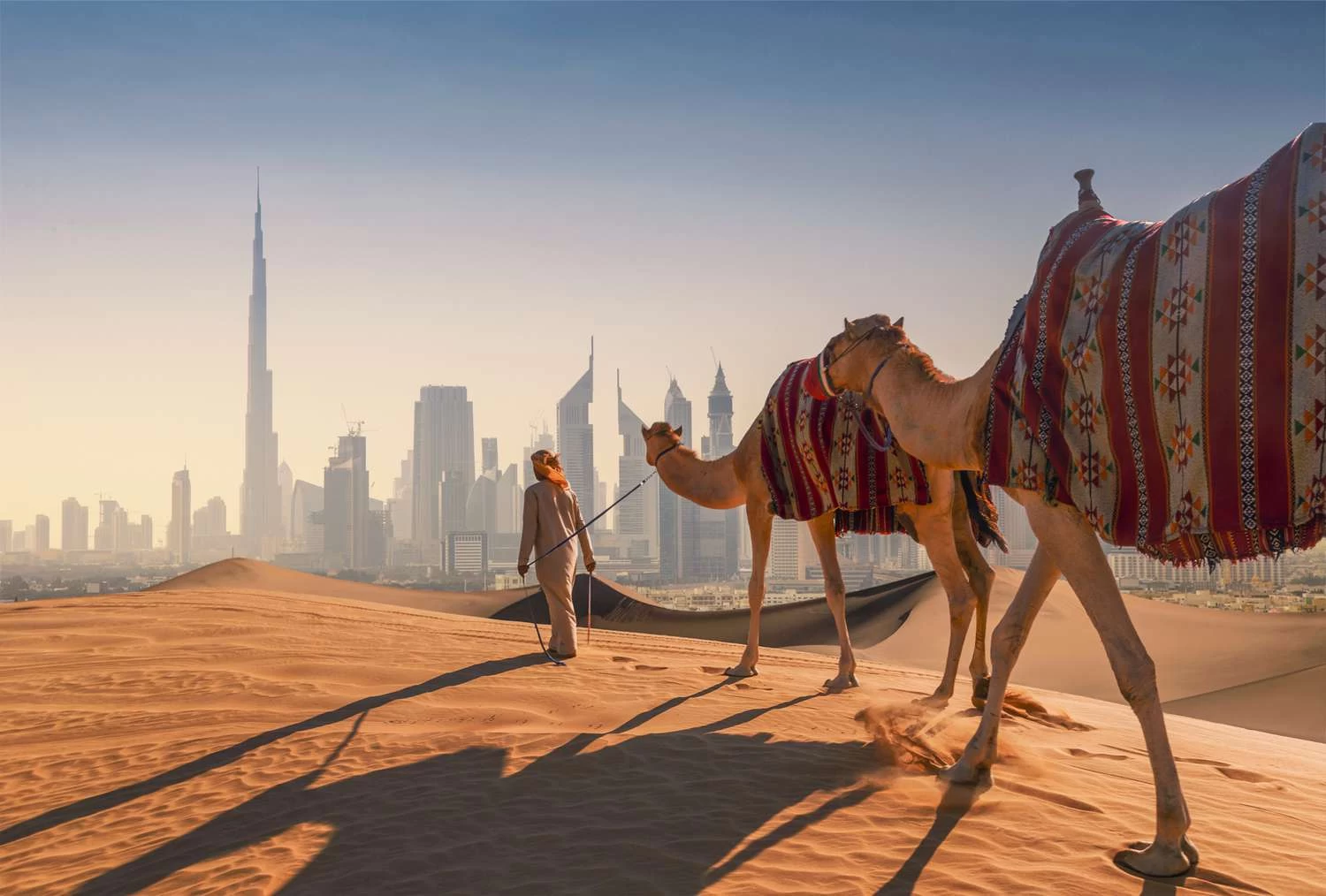

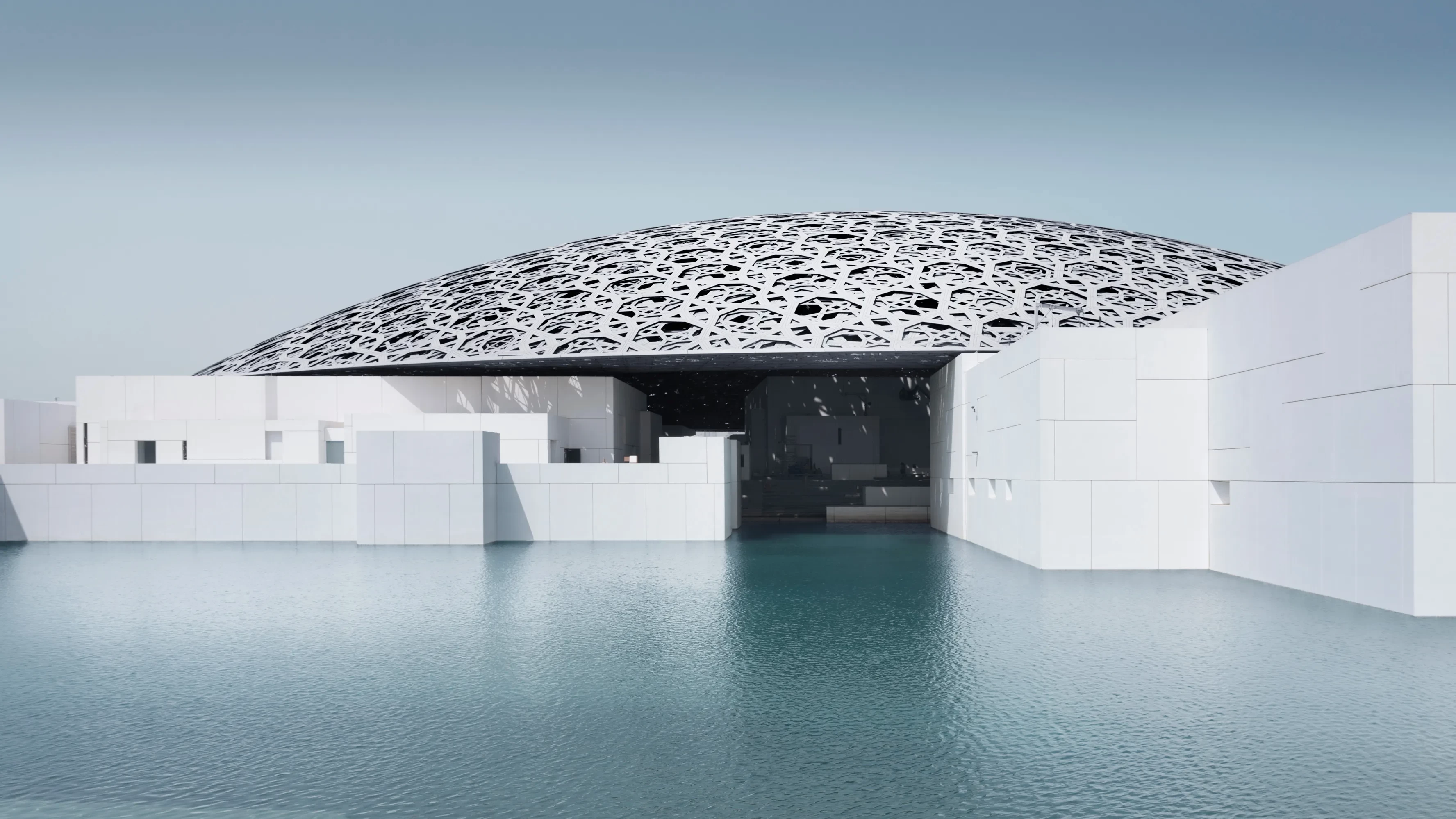
-webp.webp)
